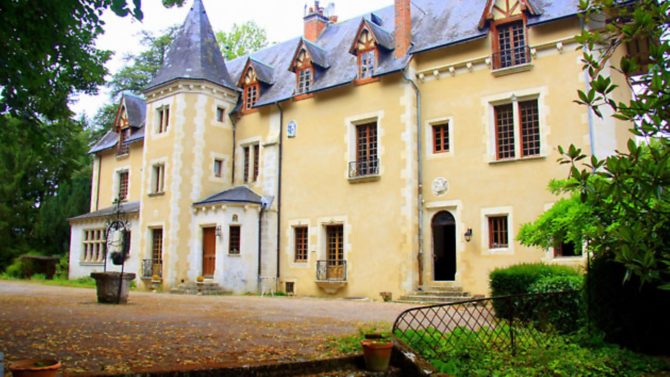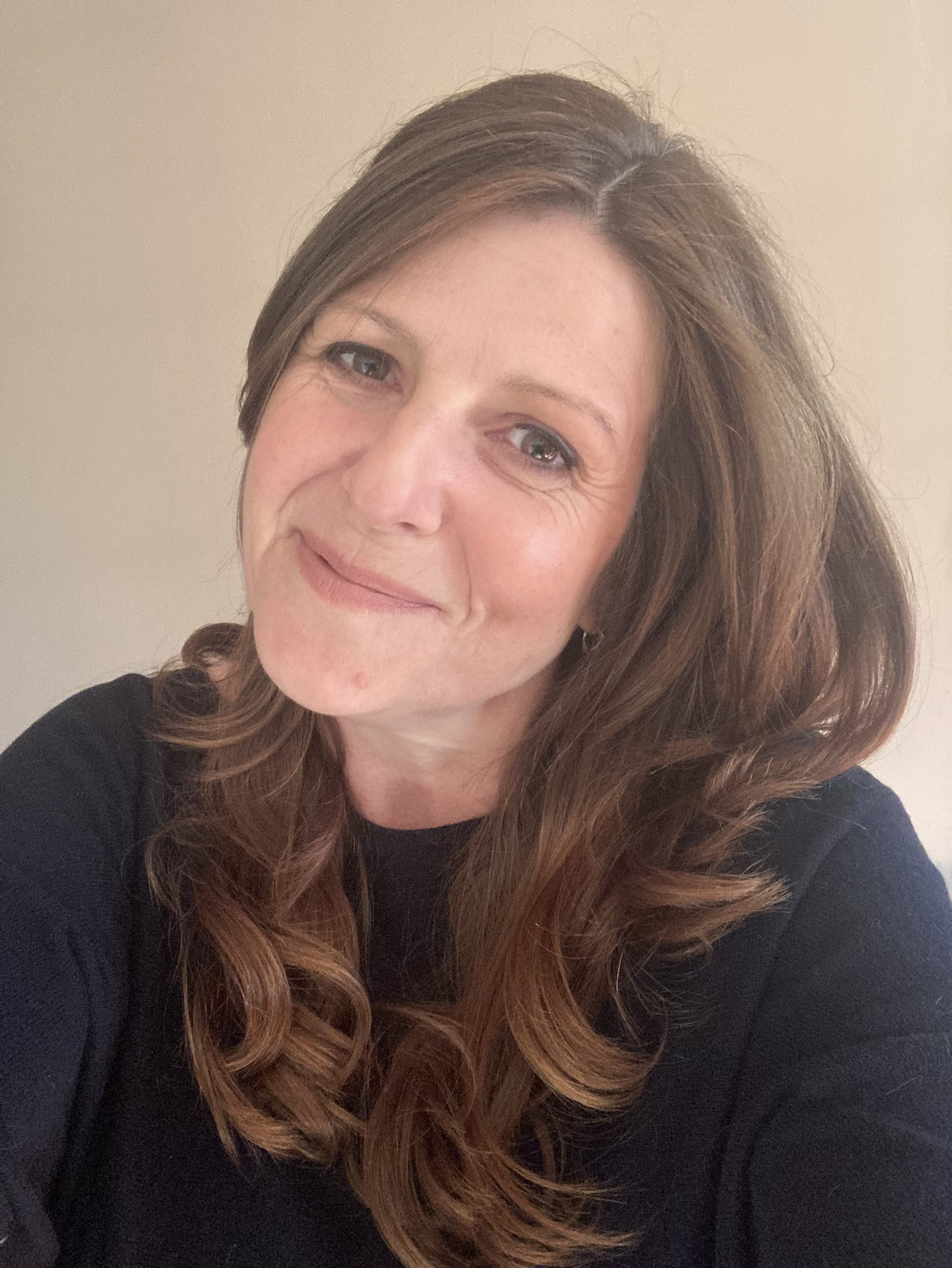What type of French property do you want to buy?


New or old? House or apartment? As well as location it is important to decide on the type of French property you are looking for before you start viewings
1. DO YOU WANT A NEW OR OLD PROPERTY?
There are pros and cons to both. Older homes are often full of character, occupy the best settings and have mature gardens. Newer homes are low on maintenance requirements, have more modern facilities (plumbing, wiring etc) and come with building guarantees. Then again, older properties may have been renovated with contemporary interiors, and brand new houses can be built to mirror more historic buildings but with all mod cons. Where you want to buy may influence this too. New developments often come with all manner of facilities, including swimming pools and tennis courts, and as the other inhabitants are new to the property too, it can be a good way to integrate. When it comes to price, brand new properties tend to be more expensive than older ones, although there are always exceptions to the rule; the national average for a new apartment is €3,590/m², while a resale is €2,250/m².
Reasons to buy a new-build property in France
2. DO YOU WANT A RENOVATION PROJECT OR TO MOVE STRAIGHT IN?
Before you embark on the restoration of a French property, ensure you’re up to the job – budgets and timescales can end up being bigger and longer than initially anticipated. You also need to decide whether to do the work yourself or use architects, builders and artisans. Consider too how you will handle planning applications and communication with the relevant authorities. Note that only properties that are classed as habitable normally qualify for a mortgage and the type of construction may also affect your eligibility. Sometimes it pays to consider a property that’s not old or new. It may not seem as appealing but a 50-year-old house that’s a little dated but doesn’t need major structural work can often be picked up at a bargain price and be turned into a lovely home.
Read more about renovating in France
3. DO YOU WANT A HOUSE OR AN APARTMENT?
Houses often come with some outdoor space while apartments will only have a balcony or roof terrace, if anything. Then again, they may have access to communal gardens, perhaps with a pool, which you don’t need to look after, as well as other shared facilities. Apartments are also ideal as a lock-up-and-leave holiday home, and if they have lifts are suited to less mobile people, but they can be noisier than houses. In general, houses are more expensive per square metre than apartments. Don’t overlook bungalows (they typically offer plenty of space and as they’re all on one level they’re great for disabled or older buyers) or mobile homes (a good solution for buyers with a limited budget, avoiding the legal process of buying a property in France, although you won’t be on the property ladder and mobile homes will depreciate rather than go up in value).
4. HOW BIG A PROPERTY DO YOU WANT?
It can be tempting to buy a larger property than you actually need when you find out what you can afford in France. But make sure that’s what you really want – and need. Bigger houses require more heating, more furniture, more cleaning and come with higher property taxes. How much space do you really need – for example, how often will you have friends and family to stay?
5. HOW MUCH OUTSIDE SPACE DO YOU NEED?
An acre of garden/field may seem wonderful when you’re viewing it on a sunny day, but the novelty can wear thin when you’re cutting the grass and trying to keep the weeds down! Maybe a sunny terrace would be sufficient, especially if you’re buying a holiday home. Also consider the gradient of the outside space, especially if you have any mobility issues or if you plan to add features such as a pool or terrace. And don’t forget parking space – will you need enough room for just your own car/s or visitors too?
6. THINK ABOUT THE INTERIOR LAYOUT
A badly laid-out home can seem much smaller than it actually is, so consider the flow of the property too – and what you need/want from it. Do you want a separate kitchen, dining room and living room or a large open-plan living area? How many bedrooms? Lots of small rooms or fewer large ones? All on one level or upstairs/downstairs, or would you be happy with a four-storey townhouse? The flow from inside to outdoor areas is also important.
7. HOW MUCH NATURAL LIGHT DO YOU WANT?
In France, as in most warmer climes, windows in older properties tend to be small and shutters closed during the day in order to keep out the summer heat. In colder areas they may be small to keep the warmth in, especially on windy hillsides. Nowadays, buyers are often looking for light-filled properties, in which case newer homes with larger windows may be more suitable – note that enlarging windows requires planning permission in France.
8. DO YOU WANT ANY OUTBUILDINGS?
In addition to the property itself, what extra buildings are you looking for? Outbuildings for use as a garage, workshop, studio or to convert into extra accommodation/gîtes? Or perhaps a single shed, cellar or cave for storage will do?
9. DO YOU WANT A SWIMMING POOL?
In many people’s minds, the ideal French property comes with a beautiful swimming pool, glittering in the sunshine. A warm climate can make this dream a reality – and if you’re buying a property for use as holiday accommodation, either a B&B or gîtes, it may be essential. But think carefully before you decide on a pool – will you be happy maintaining it (or paying someone else to) and will you use it enough to make it worthwhile?
Find out how much maintenance a swimming pool needs
10. DON’T FORGET ABOUT THE INVESTMENT ANGLE
Even if you’re buying for lifestyle reasons, most people will want to ensure they’re making a sound investment. Before you get to the stage of negotiating on price, make sure you’ve done your research and know what prices properties in your chosen area command. If you’re buying a property that needs work, whether modernisation or full renovation, ensure the costs of buying it and doing the work won’t take it over its market value. If you’re buying a home and a business wrapped up in one, such as a B&B or gîte complex, it is even more essential that you do your homework and understand what prices you can charge, what occupancy rates you can expect, the length of seasons and what competition you’ll have in the local area.
Read more about ways to make your property support your lifestyle
Like this? You might enjoy:
5 things you need to know before buying a French propertyBuying property in France: the process explainedHow to decide where to buy in France8 reasons to rent before buying a property in France
Share to: Facebook Twitter LinkedIn Email


